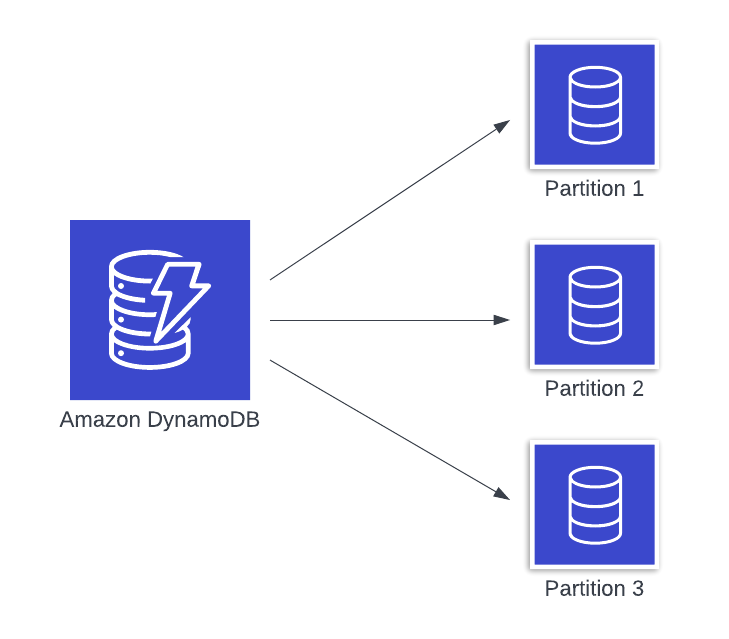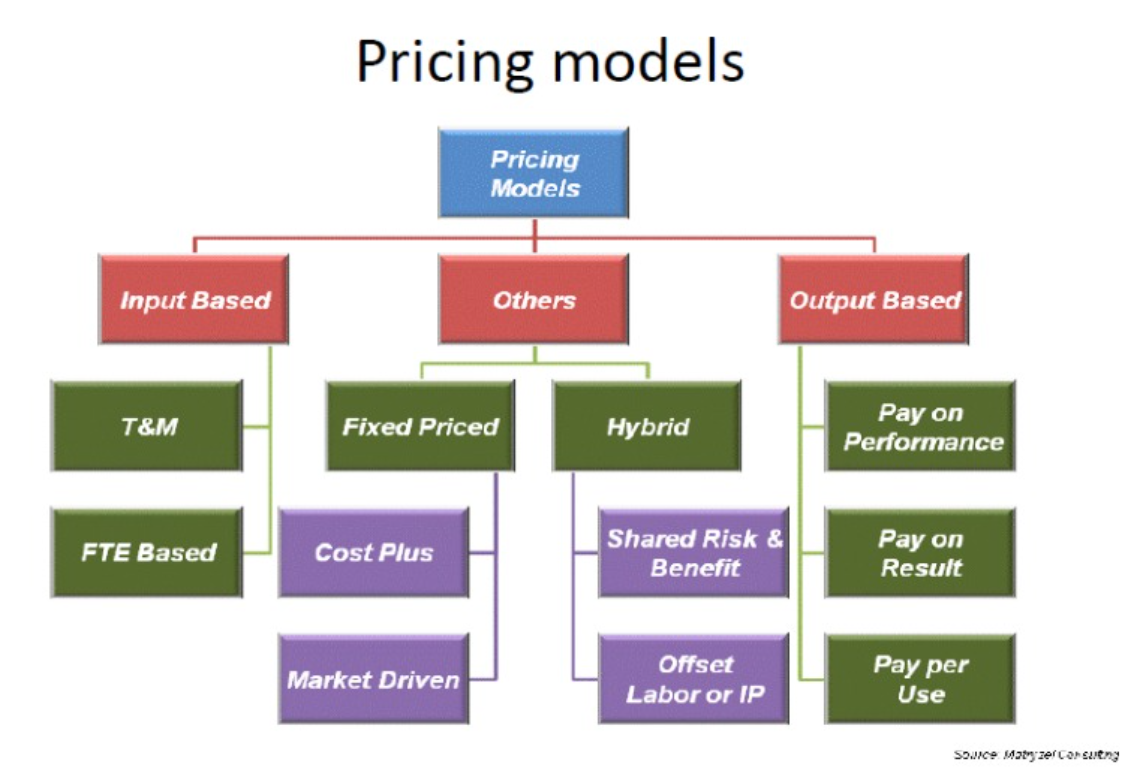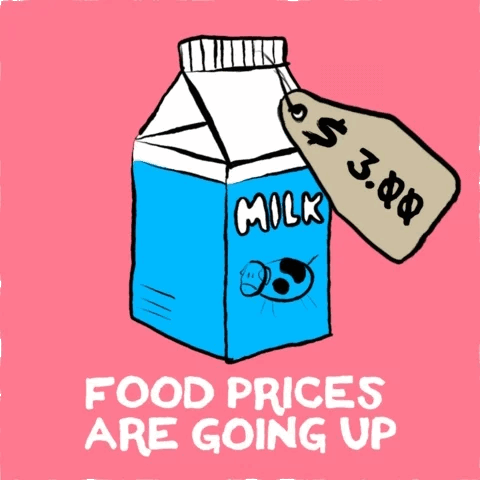Inflation is a critical economic indicator that reflects the rate at which the general level of prices for goods and services rises, eroding purchasing power. While inflation affects economies globally, its impacts and underlying causes can vary significantly between regions. This article explores the current state of inflation in Africa compared to Europe, examining key factors contributing to these differences and their broader implications for each region.
Current State of Inflation
Africa
As of 2024, Africa has been grappling with elevated inflation rates across many of its economies. Factors such as rising food prices, supply chain disruptions, and geopolitical tensions have contributed to persistent inflationary pressures. For instance, countries like Nigeria, Ghana, and Sudan have recorded inflation rates exceeding 15%, driven largely by increases in food and energy costs. Additionally, currency depreciation against major currencies, such as the US dollar, has further exacerbated inflation in several nations.
In many African countries, food constitutes a significant portion of the consumer price index (CPI), making agricultural performance a crucial determinant of inflation. Recent droughts, conflicts, and the impacts of climate change have resulted in poor harvests, leading to skyrocketing food prices. The COVID-19 pandemic has also left lasting effects, disrupting supply chains and limiting access to essential goods.
Europe
In contrast, Europe has experienced a different inflationary landscape, particularly in the aftermath of the COVID-19 pandemic and the geopolitical tensions stemming from the Russia-Ukraine conflict. As of mid-2024, many European nations are grappling with inflation rates around 6-10%, significantly higher than the target levels set by the European Central Bank (ECB). Factors such as rising energy prices, supply chain bottlenecks, and increased consumer demand have driven inflation in the region.
The war in Ukraine has particularly impacted Europe’s energy markets, leading to surging gas and electricity prices. Governments have implemented various measures to shield consumers from rising costs, including subsidies and price caps. However, these interventions can create long-term fiscal challenges and complicate monetary policy.
Underlying Factors
Economic Structures
The economic structures of African and European countries play a crucial role in shaping inflation dynamics. African economies are often more vulnerable to external shocks due to their reliance on commodities and agricultural exports. A significant portion of their populations engages in subsistence farming, making them particularly sensitive to food price fluctuations.
In contrast, Europe has more diversified economies with a greater emphasis on manufacturing and services. While inflation can still affect these sectors, the impact may be less severe compared to Africa’s agrarian economies. However, Europe’s reliance on imported energy makes it vulnerable to global price changes, particularly in times of geopolitical instability.
Monetary Policies
Monetary policy frameworks also differ significantly between the two regions. The European Central Bank employs a relatively strict monetary policy aimed at controlling inflation and maintaining price stability across the Eurozone. Interest rate adjustments and quantitative easing are common tools used to combat inflationary pressures.
In Africa, monetary policy effectiveness can be hampered by structural issues such as political instability, weak institutions, and high levels of informality in the economy. Central banks in many African countries may struggle to implement effective policies due to external pressures, currency volatility, and limited access to financial markets.
Societal Impacts
Africa
High inflation in Africa has profound societal impacts, particularly on vulnerable populations. As prices soar, low-income households face increased food insecurity and difficulty accessing basic services such as healthcare and education. This can exacerbate poverty levels and lead to social unrest, as citizens express dissatisfaction with rising living costs.
Inflation also affects business investment, as uncertainty regarding future costs can deter entrepreneurs from expanding their operations. The resulting economic instability can further entrench poverty cycles and hinder long-term development prospects.
Europe
In Europe, inflation poses challenges primarily related to living standards and economic growth. Rising prices can erode real wages, leading to decreased consumer spending power. This may trigger labor disputes as workers demand higher wages to keep up with inflation. Additionally, prolonged inflation can lead to economic stagnation, as businesses may delay investments due to uncertain cost structures.
Governments in Europe must balance inflation control with the need for economic growth and social stability. While inflationary pressures may encourage central banks to raise interest rates, higher borrowing costs can stifle economic activity, particularly for small and medium-sized enterprises.
Conclusion
In conclusion, while both Africa and Europe face significant inflationary challenges, the underlying causes, impacts, and responses differ markedly. Africa’s high inflation rates are primarily driven by food and energy price volatility, currency depreciation, and structural economic vulnerabilities. In contrast, Europe grapples with the consequences of energy crises and supply chain disruptions in a more diversified economic context.
Addressing inflation requires tailored strategies that consider the unique circumstances of each region. In Africa, enhancing agricultural resilience, improving infrastructure, and strengthening monetary policy frameworks are essential for mitigating inflationary pressures. Meanwhile, Europe must navigate the delicate balance between controlling inflation and fostering economic growth in an increasingly complex global landscape. As both regions continue to evolve, their approaches to managing inflation will significantly shape their economic futures.






